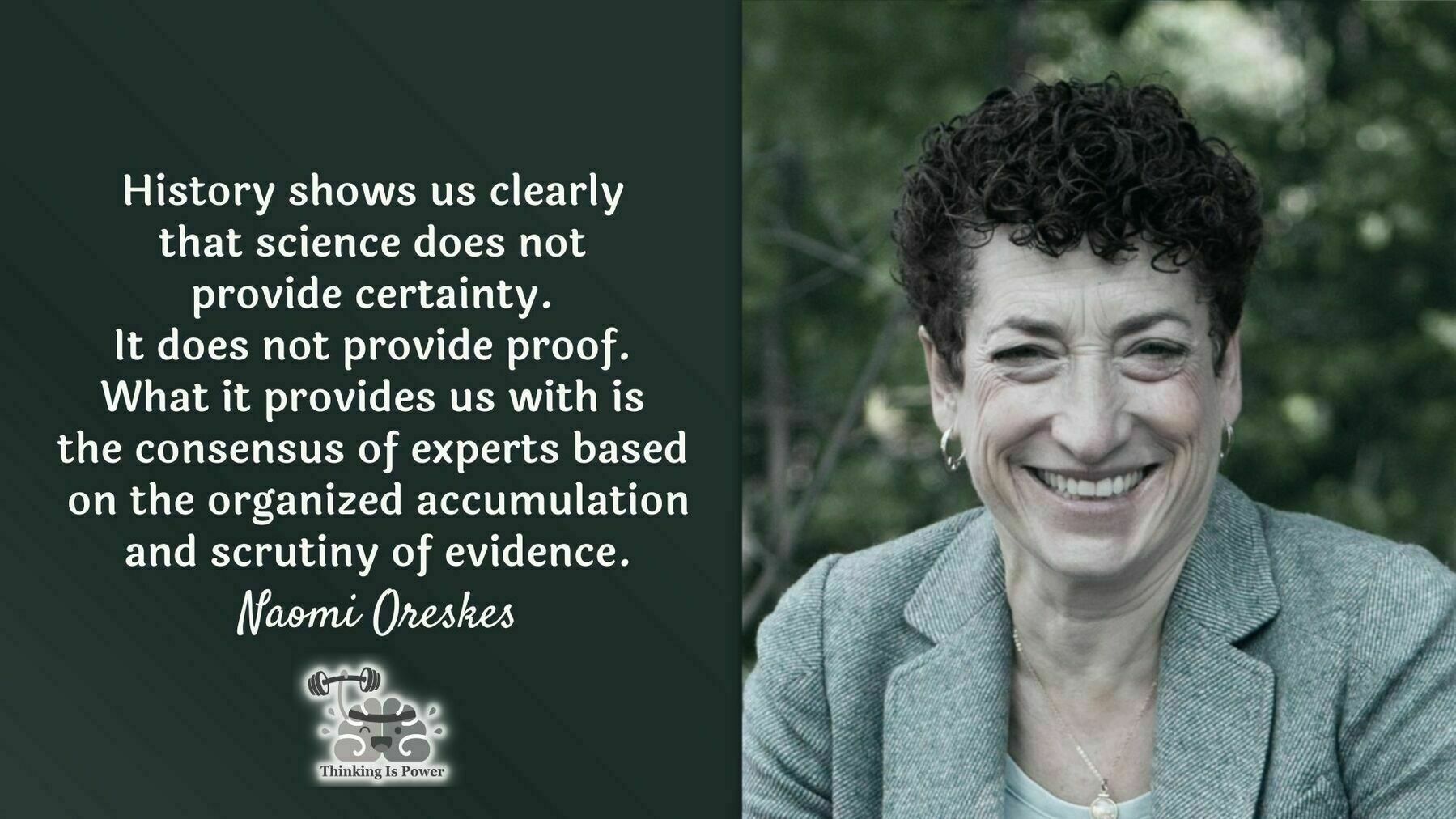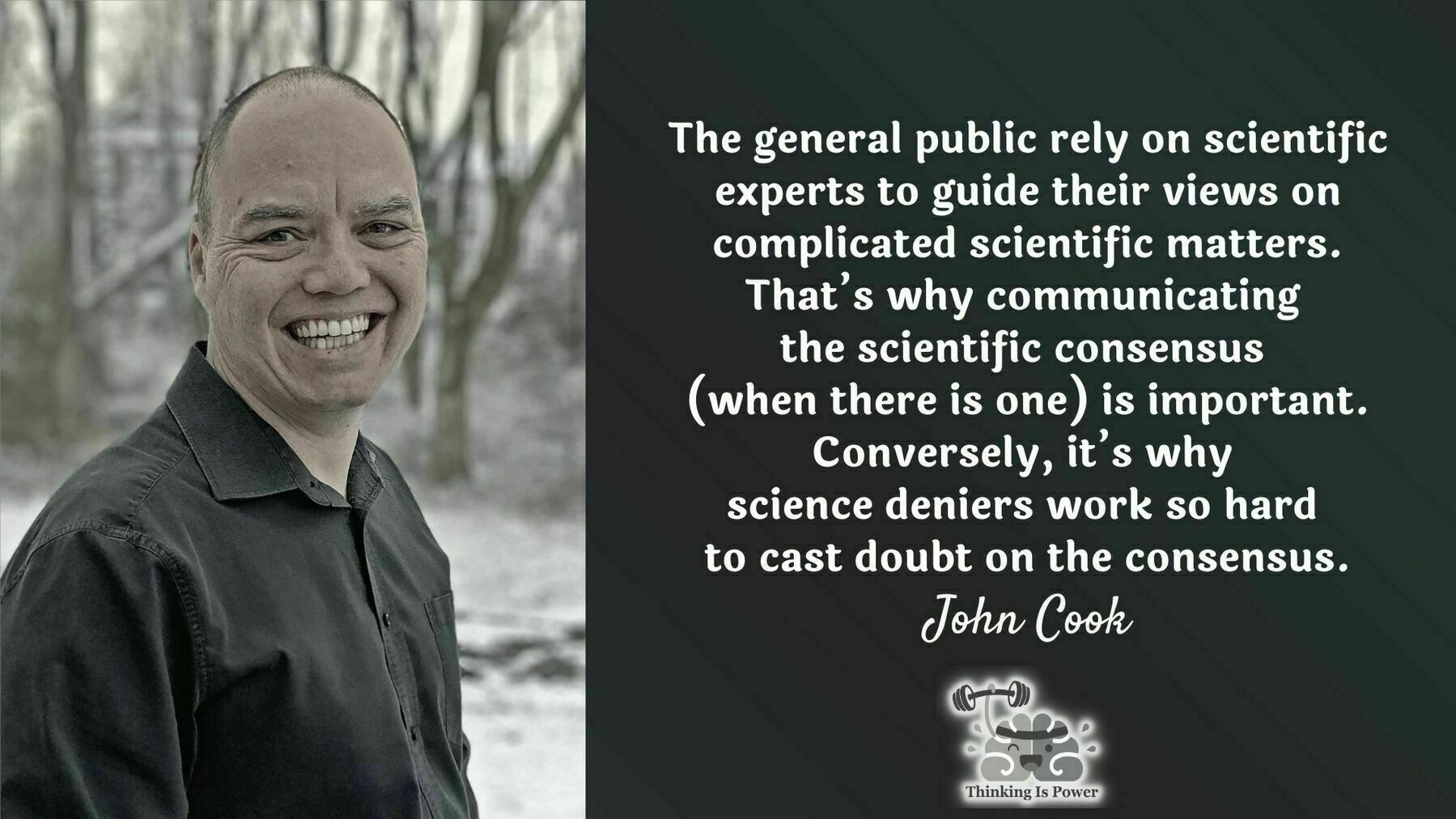MyNotes: The Scientific Consensus on a Memory Aid Drug
Prevagen…a proven memory aid to help you remember stuff, or a well-funded example of pseudoscience? Consider this popular commercial sharing an anecdote from someone who claims to be a real person (aren’t we all?):
Of course, Greg Faley IS a real person. He’s starring in a commercial for Prevagen. Seeing these anecdotes supporting Prevagen is irritating. They pop up as one of the many commercials while I’m watching television, and they tick me off. At the very least, these are paid statements on behalf of a scientifically unproven drug that is geared to appeal to the fears of older people. And, that’s wrong.
Anecdotes as Evidence
Melanie Trecek-King (Thinking Is Power) points out we have to be on guard against anecdotes:
Anecdotes are personal experiences that are used as evidence for a claim. Our brains jump to conclusions and assume the experience is a good indicator of what’s typical and even that events are due to causation. Vivid and emotional stories are often particularly convincing and memorable.
Many people think that anecdotes are a sure-fire way of knowing what’s true. Indeed, it can be quite difficult to convince someone that they might be wrong. But anecdotes are infamously unreliable. (source)
She suggests there are four reasons for that, including:
- We can’t trust our own experience
- Anecdotes aren’t controlled
- Anecdotes aren’t typical, varying from person to person. As Trecek-King puts it, “using single observations can mislead us into thinking something is typical when it’s not. For that, we need statistical evidence.”
- People lie
If you can’t trust experience and anecdotes, what can you trust? Melanie Trecek-King suggests statistics. She suggests that when you try to find out what’s real and what’s not via Google, try to find the scientific consensus. With access to AI tools like Perplexity, it’s a lot easier to get at what the scientific consensus is.

via How To Do Your Own Research
What’s the Scientific Consensus?
Every time I see Prevagen commercial on television, I’m intrigued. Wouldn’t it be neat to have a drug that could magically restore my memory? No longer would I reach for a word and have it just out of grasp. However, the scientific consensus reveals this miracle memory restorer leaves a lot to be desired.
Here’s a description of what scientific consensus is:
“scientific consensus” needs to be based on evidence and converging lines of existing evidence are a prerequisite, distinguishing a knowledge-based scientific consensus from a simple agreement. To quote John Reisman, “Science is not a democracy. It is a dictatorship. It is evidence that does the dictating.” Because of that, a few disagreeing contrarians on the fringe don’t really matter unless and until they can show evidence of comparable weight which explains the existing data and observations better. The weight of evidence is what matters (source).

via How To Do Your Own Research
The Scientific Consensus on Prevagen
In summary, the scientific consensus on Prevagen is that there is insufficient evidence to support its claims of improving memory or cognitive function. Consumers and healthcare professionals are advised to approach Prevagen with caution and to prioritize evidence-based interventions for cognitive health. The scientific consensus on Prevagen, a dietary supplement marketed to help with mild memory loss associated with aging, is largely skeptical due to limited and questionable evidence supporting its efficacy and safety. Prevagen contains apoaequorin, a protein originally found in certain types of jellyfish, and is promoted as supporting brain health and memory improvement.
However, several key points emerge from the analysis of available information:
-
Limited and Questionable Efficacy: The evidence supporting Prevagen’s claims is not robust. A clinical study cited by the manufacturer has significant limitations, casting doubt on the merits of the evidence presented. The study’s results are not convincingly supportive of Prevagen’s effectiveness in improving memory or cognitive functions[2].
-
Concerns Over Bioavailability and Safety: Experts have raised concerns about whether apoaequorin can be effectively absorbed by the human body and whether it can cross the blood-brain barrier to exert any potential effects on brain function. Additionally, there have been reports of adverse events, including seizures, strokes, heart arrhythmias, chest pain, and dizziness, associated with Prevagen’s use, although these reports alone do not prove causation[5].
-
Regulatory and Legal Challenges: Prevagen has faced scrutiny from regulatory bodies and has been involved in legal battles over its marketing practices. The Federal Trade Commission (FTC) and New York State Attorney General charged Quincy Bioscience, the maker of Prevagen, with fraud, alleging false advertising and unsubstantiated claims about the product’s efficacy. Despite these challenges, Prevagen remains on the market as a dietary supplement, which is subject to less stringent regulatory oversight than pharmaceuticals[3][7].
-
Skepticism from the Medical and Scientific Community: The medical and scientific community remains skeptical of Prevagen’s claims, largely due to the lack of compelling, peer-reviewed scientific evidence supporting its effectiveness. The FDA has curbed unfounded memory supplement claims, emphasizing the need for evidence-based validation of such products[1]. Furthermore, pharmacists' recommendations of Prevagen, as indicated by surveys, are likely influenced more by the product’s extensive advertising rather than solid clinical evidence of its efficacy[2][4].
In summary, the scientific consensus on Prevagen is that there is insufficient evidence to support its claims of improving memory or cognitive function. Consumers and healthcare professionals are advised to approach Prevagen with caution and to prioritize evidence-based interventions for cognitive health.